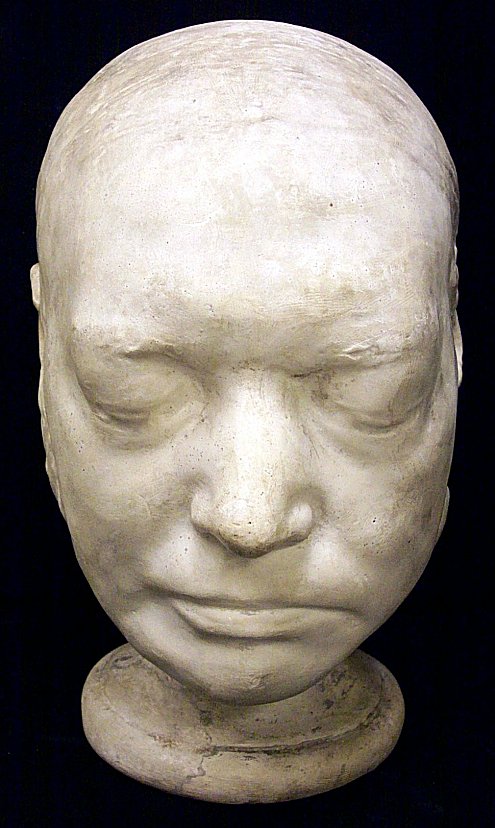Samuel Taylor Coleridge: 4 poems

Samuel Taylor Coleridge
(1772-1834)
TO THE NIGHTINGALE
Sister of lovelorn poets, Philomel!
How many bards in city garret spent,
While at their window they with downward eye
Mark the faint lamp-beam on the kennell’d mud,
And listen to the drowsy cry of watchmen,
(Those hoarse, unfeather’d nightingales of time!)
How many wretched bards address thy name,
And hers, the full-orb’d queen, that shines above.
But I do hear thee, and the high bough mark,
Within whose mild moou-mellow’d foliage hid,
Thou warblest sad thy pity-pleading strains.
O I have listen’d, till my working soul,
Waked by those strains to thousand phantasies,
Absorb’d, hath ceas’d to listen! Therefore oft
I hymn thy name; and with a proud delight
Oft will I tell thee, minstrel of the moon,
Most musical, most melancholy bird!
That all thy soft diversities of tone,
Though sweeter far than the delicious airs
That vibrate from a white-arm’d lady’s harp,
What time the languishment of lonely love
Melts in her eye, and heaves her breast of snow,
Are not so sweet, as is the voice of her,
My Sara–best beloved of human kind!
When breathing the pure soul of tenderness,
She thrills me with the husband’s promised name!
SENTIMENTAL
The rose that blushes like the morn
Bedecks the valleys low;
And so dost thou, sweet infant corn,
My Angelina’s toe.
But on the rose there grows a thorn
That breeds disastrous woe;
And so dost thou, remorseless corn,
On Angelina’s toe.
THE EXCHANGE
We pledged our hearts, my love and I,–
I in my arms the maiden clasping;
I could not tell the reason why,
But, oh! I trembled like an aspen.
Her father’s love she bade me gain;
I went, and shook like any reed!
I strove to act the man–in vain!
We had exchanged our hearts indeed.
AN ODE TO THE RAIN
Composed Before Day-Light on the Morning Appointed for the Departure of a Very Worthy, But Not Very Pleasant Visitor, Whom It Was Feared The Rain Might Detain.
I know it is dark; and though I have lain
Awake, as I guess, an hour or twain,
I have not once open’d the lids of my eyes,
But I lie in the dark, as a blind man lies.
O Rain! that I lie listening to,
You’re but a doleful sound at best:
I owe you little thanks, ’tis true,
For breaking thus my needful rest!
Yet if, as soon as it is light,
O Rain! you will but take your flight,
I’ll neither rail, nor malice keep,
Though sick and sore for want of sleep.
But only now, for this one day,
Do go, dear Rain! do go away!
O Rain! with your dull two-fold sound,
The clash hard by, and the murmur all round!
You know, if you know aught, that we,
Both night and day, but ill agree:
For days, and months, and almost years,
Have limped on through this vale of tears,
Since body of mine, and rainy weather,
Have lived on easy terms together.
Yet if, as soon as it is light,
O Rain! you will but take your flight,
Though you should come again to-morrow,
And bring with you both pain and sorrow;
Though stomach should sicken, and knees should swell–
I’ll nothing speak of you but well.
But only now for this one day,
Do go, dear Rain! do go away!
Dear Rain! I ne’er refused to say
You’re a good creature in your way.
Nay, I could write a book myself,
Would fit a parson’s lower shelf,
Showing, how very good you are.–
What then? sometimes it must be fair!
And if sometimes, why not to-day?
Do go, dear Rain! do go away!
Dear Rain! if I’ve been cold and shy,
Take no offence! I’ll tell you why.
A dear old Friend e’en now is here,
And with him came my sister dear;
After long absence now first met,
Long months by pain and grief beset–
With three dear friends! in truth, we groan
Impatiently to be alone.
We three, you mark! and not one more!
The strong wish makes my spirit sore.
We have so much to talk about,
So many sad things to let out;
So many tears in our eye-corners,
Sitting like little Jacky Horners–
In short, as soon as it is day,
Do go, dear Rain! do go away.
And this I’ll swear to you, dear Rain!
Whenever you shall come again,
Be you as dull as e’er you could;
(And by the bye ’tis understood,
You’re not so pleasant, as you’re good;)
Yet, knowing well your worth and place,
I’ll welcome you with cheerful face;
And though you stay’d a week or more,
Were ten times duller than before;
Yet with kind heart, and right good will,
I’ll sit and listen to you still;
Nor should you go away, dear Rain!
Uninvited to remain.
But only now, for this one day,
Do go, dear Rain! do go away.
Samuel Taylor Coleridge: 4 Poems

kemp=mag – kempis poetry magazine
More in: Coleridge, Samuel Taylor

